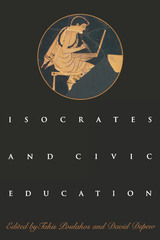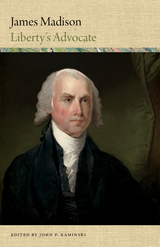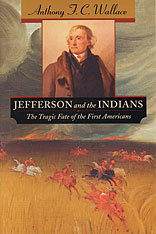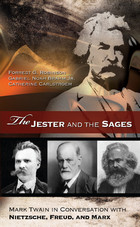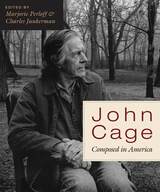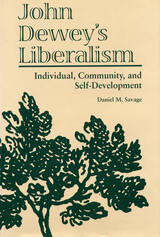Naomie Anomie: A Biography of Infinite Desire
Omnidawn, 2025
Paper: 978-1-63243-165-3
See other books on: Asian | Death, Grief, Loss | Hasegawa, Jennifer | Subjects & Themes | Women Authors
See other titles from Omnidawn
Paper: 978-1-63243-165-3
ABOUT THIS BOOK | AUTHOR BIOGRAPHY | REVIEWS
ABOUT THIS BOOK
A surreal story in verse that follows a woman facing the outbreak of the COVID-19 pandemic alongside ecological crisis and crumbling social norms.
Jennifer Hasegawa’s Naomie Anomie: A Biography of Infinite Desire, is an experimental poetic take on biography, growing increasingly surreal as it follows the truths behind its unreliable narrator through paradoxes rendered in luxurious detail. This book is a portrait of a flawed life, a call for attention to the looming ecological crisis, and a lyrical experiment in truth-telling.
Feeling ever-increasing existential strain leading up to the COVID-19 pandemic and culminating in her decision to no longer venture outside of her apartment, Naomie is not surprised to find her name is an anagram for anomie, a term for the breakdown of social norms. In these pages is a meticulous account of everything that went wrong in Naomie’s five decades of life. We find retellings of a life’s most significant moments—not because they are sources of pride, but because they stand as the only decipherable moments of humanity amid a world of static. This story in verse acts as a survival guide, romance novel, liberation handbook, pulp thriller, and jokebook for those who will live through ongoing plagues, environmental change, total AI integration, water wars, and cyberattacks and who will come out the other side ready to restart.
Jennifer Hasegawa’s Naomie Anomie: A Biography of Infinite Desire, is an experimental poetic take on biography, growing increasingly surreal as it follows the truths behind its unreliable narrator through paradoxes rendered in luxurious detail. This book is a portrait of a flawed life, a call for attention to the looming ecological crisis, and a lyrical experiment in truth-telling.
Feeling ever-increasing existential strain leading up to the COVID-19 pandemic and culminating in her decision to no longer venture outside of her apartment, Naomie is not surprised to find her name is an anagram for anomie, a term for the breakdown of social norms. In these pages is a meticulous account of everything that went wrong in Naomie’s five decades of life. We find retellings of a life’s most significant moments—not because they are sources of pride, but because they stand as the only decipherable moments of humanity amid a world of static. This story in verse acts as a survival guide, romance novel, liberation handbook, pulp thriller, and jokebook for those who will live through ongoing plagues, environmental change, total AI integration, water wars, and cyberattacks and who will come out the other side ready to restart.
See other books on: Asian | Death, Grief, Loss | Hasegawa, Jennifer | Subjects & Themes | Women Authors
See other titles from Omnidawn

